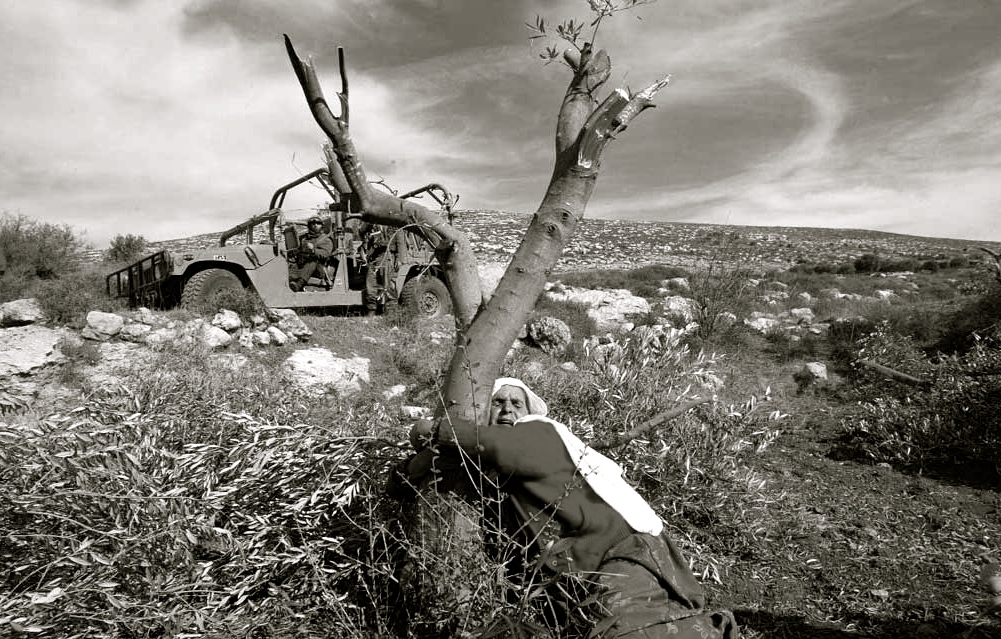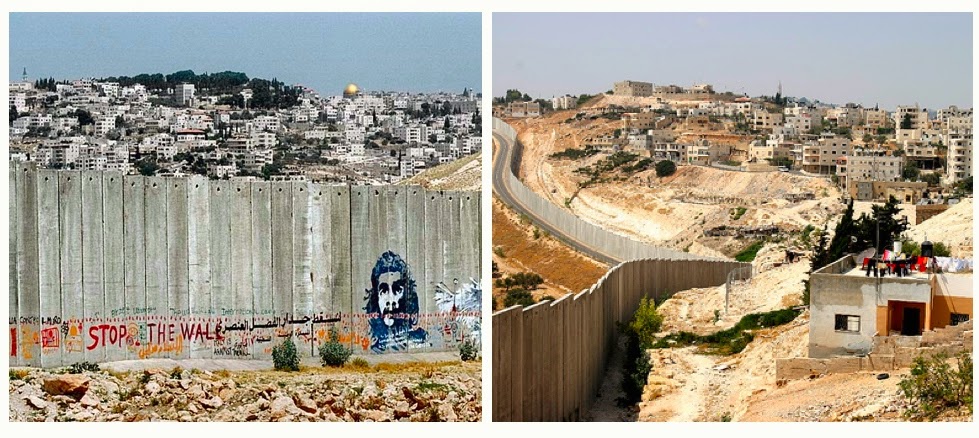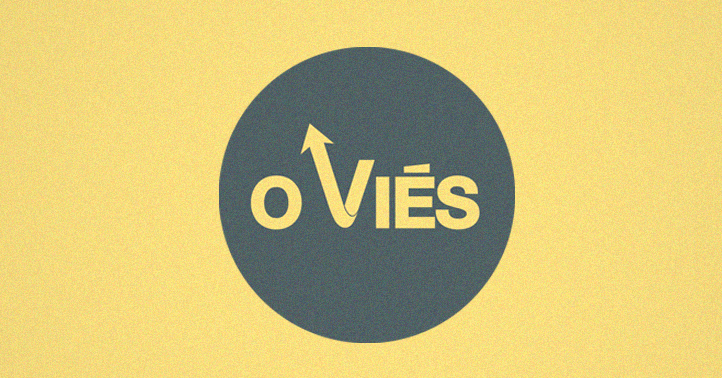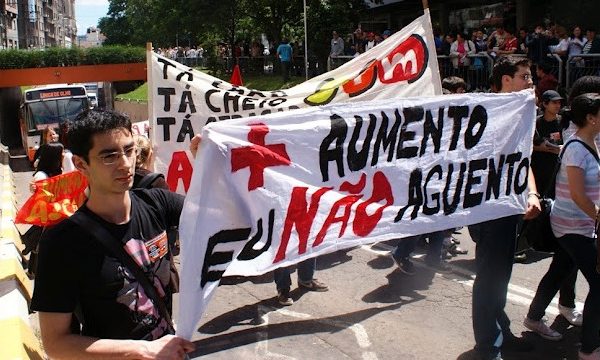
Operation Protective Edge is the most recent Israeli military offensive against the Gaza Strip in a series of three major attacks in the last six years. It was launched on 8 July and has already killed more than 800 Palestinians and left nearly 6,000 others injured, amongst whom around 75% are knowingly civilians. The Israeli government say that this is an operation in retaliation to rocket attacks launched by Hamas against Israeli territory. It is, nonetheless, rather difficult to regard the situation as a comparable dispute: Palestine does not even have armed forces (army, air force, and navy) to frighten the war machine of the Israeli Defence Forces (they are not called Armed Forces, but Defence Forces). Numbers do not convince either: 39 Israelis (amongst whom 37 were soldiers) have been killed and 182 others (150 of whom are soldiers) wounded. If any conclusions are far from being easily drawn, what is clear, however, is that this is not a ‘war’.
Operation Protective Edge daunts due to the disproportion between Israeli forces and armed groups acting from Palestine. In face of the obvious inequality between both sides, the most daunting to those who are afar, perhaps, besides the vile images of victims in the Gaza Strip, is a certain discursive inanition that seems to numb Palestinians’ suffering or even justify Israel’s actions under claims that this is nothing but a case of self-defence.
The trigger and the context: murders and geography
The alleged trigger for this new operation was the murder of three Israeli teens (Naftali Frenkel, Gilad Shaar, and Eyal Yifrach) near the largest city in the West Bank — known, in Arabic, as Al-Khalil and, in Hebrew, as Hebron. The crimes, which Hamas did not confess to despite immediate accusations, led to the murder of a Palestinian teen (Mohammed Abu Khdeir), kidnapped and burnt alive by three Israelis in Shuafat, near Jerusalem.
Gaza is like a great refugee camp where Palestinians, expelled from their homeland in what has become the state of Israel, find themselves trapped in one of the areas with one of the highest population densities in the world. Everything is under the control of Israel.
What might have been overlooked in the murders of the three Israeli teens is the location. Al-Khalil/Hebron is the largest city in the West Bank, with nearly 250,000 inhabitants, mostly Palestinians. It has been split into two sectors: H1 is governed by the Palestinian Authority, and H2 is governed by the IDF. Right in the city centre stands the Otniel settlement, inhabited by some 500 Jewish settlers, around which Israel has built an entire security apparatus. If Palestinians want to go through this area, they will have to, first, go through an army corridor, with metal detectors and body search (strip search included). The settlement, which is not the only one in the city, is largely condemned by the international community and sheds some light on the building tension between Palestine and Israel concerning the occupation of space.
The situation in the Gaza Strip is yet tenser because Gaza is completely surrounded by Israeli forces — literally. There is no entering or leaving without Israeli permission — by land or sea, where Israel exerts a blockade as well. There are three main gates into the Gaza Strip, two of which are controlled by Israel and the other one by Egypt. In other words, Gaza is like a great refugee camp where Palestinians, expelled from their homeland in what has become the state of Israel, find themselves trapped in an area with one of the highest population densities in the world. Water, electricity, telecommunications, food — everything is under the control of Israel, besides the control of movement in and out of Gaza itself.

As pointed by Teodora Todorova, PhD in Critical Theory and Cultural Studies from the University of Nottingham, the two examples, those of Al-Khalil/Hebron and the Gaza strip, illustrate what sociologist Sari Hanafi has called spaciocide, that is, ‘the systematic attack on Palestinian geography as an inhabitable space’ — which does not include only the Gaza Strip, but most of the West Bank already, contradicting 1947 UN Resolution 181, which determines the borders of Israel, Palestine, and Jerusalem, as well as 1967 UN Resolution 242, which commands that Israel stop the occupation of Palestinian territory after the end of the Six-Day War.
‘It’s not a cultural nor a religious conflict. It’s a political conflict over land and resources’.
The term spaciocide is central to understanding the situation in order not to lightly compare Israel’s policy of invasion and occupation to the Nazi policy of genocide. Comparing Israel to Nazism is, by definition, paradoxical, since the very creation of the state of Israel was too a reaction to Nazism. Furthermore, albeit the number of Palestinian deaths being seven times that of Israelis, Israel’s declared intention is not to exterminate the Palestinian people as it was the case in 1930s and 1940s’ Germany. That does not mean that there are no groups uttering what can ultimately lead to them being labelled genocidal. Such is the case, for instance, of far-right party Jewish Home in the Knesset, the Israeli parliament.
Moreover, the issue cannot be explained in terms of a conflict between two religions, namely Judaism and Islamism. The religious element certainly plays its part, but it cannot resume it. According to Dr Todorova: ‘It’s not a cultural nor a religious conflict. It’s a political conflict over land and resources’. The conflict between Israel and Palestine cannot thus be reduced to a matter of ‘incompatible civilisations’. Jews and Muslims have always lived in the region, since biblical times. The core of this conflict is, therefore, the geographic element: on the one hand, Israelis claim territories that do not belong to them under international resolutions, and, on the other hand, Palestinians are expelled from their homeland in a coup by foreign powers, with no possibility of returning (albeit the right to return is itself determined by 1948 UN Resolution 194, with which Israel failed to comply).
Vernichtung: the subterfuge of self-defence by the the denial of humanity
Israel’s disproportionate military offensive is justified as an act of self-defence against attacks by Palestinian armed organisations. However, from the Palestinian perspective, what Israel does is create subterfuges to continue to take Palestinian land. The question arising from this quarrel, nonetheless, is thus: why does Israel’s self-defence justification prevail over the Palestinian perspective? That is, why do the invasion and occupation of ever more Palestinian land and the siege around those which have not yet been occupied by Israelis stand out in the common sense?
The answer to that question seems to be in an ideological tool of ghastly proximity between the policy of Israel and that of the Nazis. Again, that does not imply, in any way, that Israel and Nazi Germany are the same. Contexts were unalike, and Nazi perversity does not support such comparison. The proximity between both takes place in the realm of discursive tools, that is, in the dissemination of ideas which end up weaving a net of stigma and prejudice which, justifying IDF’s attacks against Palestine. The dissemination of such ideas represents the discursive inanition to which I referred before: a void between that which is stated and that which is actually done.
The strength of Israel’s discourse of self-defence reminds, due to the suffering of the Jewish people itself, of the strength of the Nazi discourse, according to which Germany was simply defending itself against the Jewish threat, powerfully coined in the word Judenfrage — the Jewish problem. For the Nazis, the final solution for that problem was the extermination of the physical existence of all Jews — genocide. For Israel, the final solution for the Palestinian problem is not openly the extermination of Palestinians, but their gradual eviction from lands coveted by Israel — spaciocide.
If Palestinians are not seen as fully human, that is, if they are, in comparison to Israelis, diminished to suicide bombers’ madness, for example, all of Palestinians statements of self-determination are thus rejected. In not being persons, they cannot be a people. In not being a people, they cannot claim land.
In order to expel Palestinians from their lands, Israel’s strategy is denial. And that is where we can learn from the Nazi ideology. In one of the first scenes, Meryl Streep’s character in Sophie’s Choice (1982) tells of how she used to type her father’s speeches, who was himself sympathetic to Hitler’s ‘cause’, without paying much attention to the words until, one day, she noticed the power of this new term uttered by her father: ‘The solution for Poland Jewish problem is Vernichtung’ — extermination. That word has, nevertheless, another sense besides the one of extermination by destruction. The origin of the word refers to the same origin of words ‘no’ (nicht) and ‘nothing’ (nichts), which come from the agglutination of two terms from Old High German for ‘never’ (nio) and ‘being, creature’ (wiht). The verb vernichten, therefore, could also be understood as the extermination by the denial of existence.
Israel’s policy is based on this sense of vernichten, in the sense of denying, in the first place, the humanity of Palestinians. That discourse is largely reproduced in what is conventionally called the West: the images of Palestinians are always of ragged people, hysterical, holding their hands in the air and shouting in an unintelligible language. Meanwhile, Israelis appear in Western garments, speaking one at a time, usually in English or duly translated otherwise. To Israelis, there is the opportunity for them to show their homes and how their everyday is disrupted by bomb alerts. To Palestinians, the only thing left is the burden of being all labelled as potential terrorists, as religious fanatics, as bestial bodies — thus destitute of the human condition which brings Israelis closer to Westerners and relegates Palestinians to the image of the Orient — mysterious, deceitful, and irrational.
The consequence of the discursive denial of the humanity of Palestinians is the voidance of any demands for the recognition of Palestinians as such — as a people and as a culture, with history and land. If they are not seen as fully human, that is, if they are, in comparison to Israelis, diminished to the madness of suicide bombers, for example, all of Palestinians’ statements of self-determination are thus rejected. In not being persons, they cannot be a people. In not being a people, they cannot claim land.
Furthermore, Israel denies the existence of Palestine and the Palestinian people itself as in retaliating an alleged reluctance from Palestinians in accepting Israel’s right to exist. Given the materiality of the walls built by Israel, of a formidably strong army, with 176.500 active soldiers and other 445.000 reservists, with an annual budget of US$16.5bi, and given the unconditional support of countries like the United States and the United Kingdom — the accusation that Israel is simply defending itself against a supposed denial of its existence sounds absurdly shallow.
In the same way that there is no ground for arguing that Palestine has never existed, that it has always been a mere geographical region. There is there a tremendous ignorance of the process of creating and establishing modern nation-states, which were consolidated as we now know them in 17th century’s Europe with the 1648 Peace of Westphalia. Palestine already existed for a long time before that: the first registers come from Ancient Egypt, it was part of the Roman Empire, of Greater Syria, it was annexed to the Ottoman Empire until the end of the First World War, when it was then made into a British protectorate. This allegation ignores that a nation-state requires a geographical region beforehand, a piece of land over which dominion is exerted. It is thus impossible to deny Israel’s right to exist because it already does — and makes it very clear. Likewise, it is impossible to deny that Palestine exists — historical registers and the self-determination of Palestinians disprove such denial.

If denying Palestinians’ humanity in discourse seems to be incapable of fomenting actions in the material realm, here are four examples. From the Knesset, MP Ayelet Shaked publicly declared all Palestinians to be enemies of Israel, over whose heads their blood should be spilled. On Twitter, Israeli teens post selfies along racist slurs, claiming for all Arabs to be killed. Ofer Winter, commander of the infantry brigades of the IDF, begs Hashem (God) to allow his battalions to be successful against the enemy who curses his God’s name. Sheldon Adelson, owner of the newspaper with the largest circulation in the country, Israel HaYom, asks for Gaza to be sent back to the Stone Age.
Those examples do not suppress others that certainly exist from Arab extremists with similar statements against Jews. There is, however, a fundamental difference between these two sets of examples. On the one hand, there are Arab groups which claim the destruction of Israel, but whose discourse is at once discarded on the basis of prejudice and hateful speech. Armed action from this side is likewise condemned as ‘terrorism’. On the other hand, there are Jewish groups practising the same hateful, bloodthirsty speech — but they are backed by one of the world’s most advanced armed forces, whose military actions are generally neglected on the basis of ‘right to self-defence’ against what has clearly turned out to be nothing more than some lame rockets launched by Hamas alongside sticks and stones in the hands of Palestinian civilians.
There are no easy conclusions about this conflict, but the preponderance of the Israeli discourse beaconing strong attacks against the Palestinian population is evident. If the two-state solution, as it had been planned by the UN 67 years ago, now seems unfeasible and if the Oslo Peace Accords from 21 years ago are nothing more than a loosening thread of hope, what can be firmly stated is that Palestinians cannot be dehumanised and denied their right to all expressions which are inherent to the human condition (religion, language, history, land, etc.) whilst the growing dissimulation with which Israel justifies more deaths of innocents is overlooked and it continues to strip Palestinians of their right to exist as a self-determinable group. ![]()
THE DISCURSIVE EXTERMINATION OF THE HUMAN CONDITION OF PALESTINIANS, by the viewpoint of Gianlluca Simi
gianllucasimi@revistaovies.com

